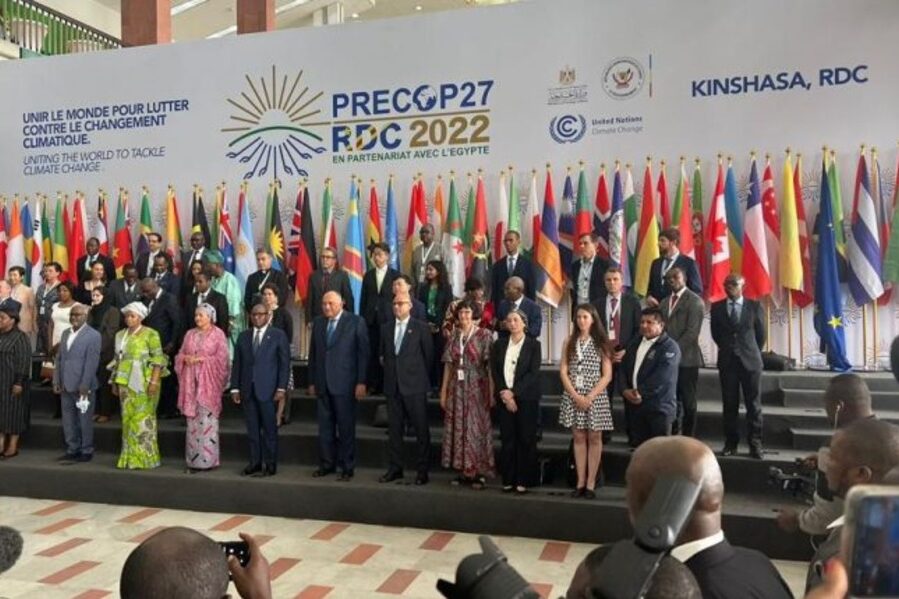Host nation Egypt’s COP27 Presidency is looking to make the November event an “implementation COP” by urging financial action on climate change agreements made in COP 26, Glasgow.
Sameh Shoukry, Egyptian Minister of Foreign Affairs and COP27 President-Designate was quoted in the media as saying: “We must accelerate climate action on all fronts including mitigation, adaptation, and finance in addition to adopting more ambitious mitigation measures to keep the 1.5c within reach.”
Speaking at a COP27 Global Press Briefing, Wael Aboulmagd, Special Representative of the COP27 President, said: “4% of global economic output could be lost by 2050 due to climate change and 5 million people die every year because of temperature extremes.”
The COP27 Presidency insisted on the need to prioritize financial commitments made in Glasgow, a pledge of $100 billion to help poorer countries deal with the effect of climate change, saying “it should be a floor and not a ceiling (financial) target.”
Civil society organizations (CSOs) recently asked for a firm position of the government to include the loss and damage (L&D) issue as a key agenda in COP 27.
L&D is a general term referring to “the consequences of climate change that go beyond what people can adapt to, or when options exist but a community does not have the resources to access them”.
Losses and damages include desertification, land degradation, sea-level rise, glacial retreat, and others that are brought about by extreme weather events such as cyclones, floods, droughts, and heat waves.
At COP26, Scotland and Belgium set aside $2.6 million and $1.1 million, respectively, as damage compensations, but most developed nations failed to commit.
Energy sustainability efforts by Egypt
After 62 years of production, El-Nasr Company for Coke and Chemicals was liquidated recently, a year after its activities came to a halt in August 2021 and less than a year after another industry and steel company, the Helwan-based Iron and Steel Company, was closed down.
The Egyptian government is seeking to abandon coal in its factories, one of the top 8 imports by the country, and rely more on clean energy in the lead-up to the November COP27.
The value of Egyptian coal imports in September 2022 amounted to $81.9 million, compared to $32.1 million year-on-year
Hisham Tawfiq, former minister of the public business sector, said in June, “The state is making efforts to close polluting factories, such as cement and iron factories, and have them operate on green sources of energy.”
One such green source is natural gas, and over the previous 5 years, daily average production rose from about 4 billion cubic feet per day in 2015 to a 2021/22 average of 6.7 billion cubic feet per day.
The Egyptian government had also put together a plan in the electricity sector to expand on renewable wind and sun energy, with a shift toward green hydrogen.
Egypt’s government strategy targets a 42% renewable energy contribution to the total electric energy produced in 2035.
Germany is part of the consortium formed at COP 26 to support South Africa in phasing out coal and will continue to push for coal phase-out co-operations, mainly in the context of the G20, with agreements targeted with India, Indonesia, and Vietnam that could also serve as a blueprint for similar agreements in Africa.








